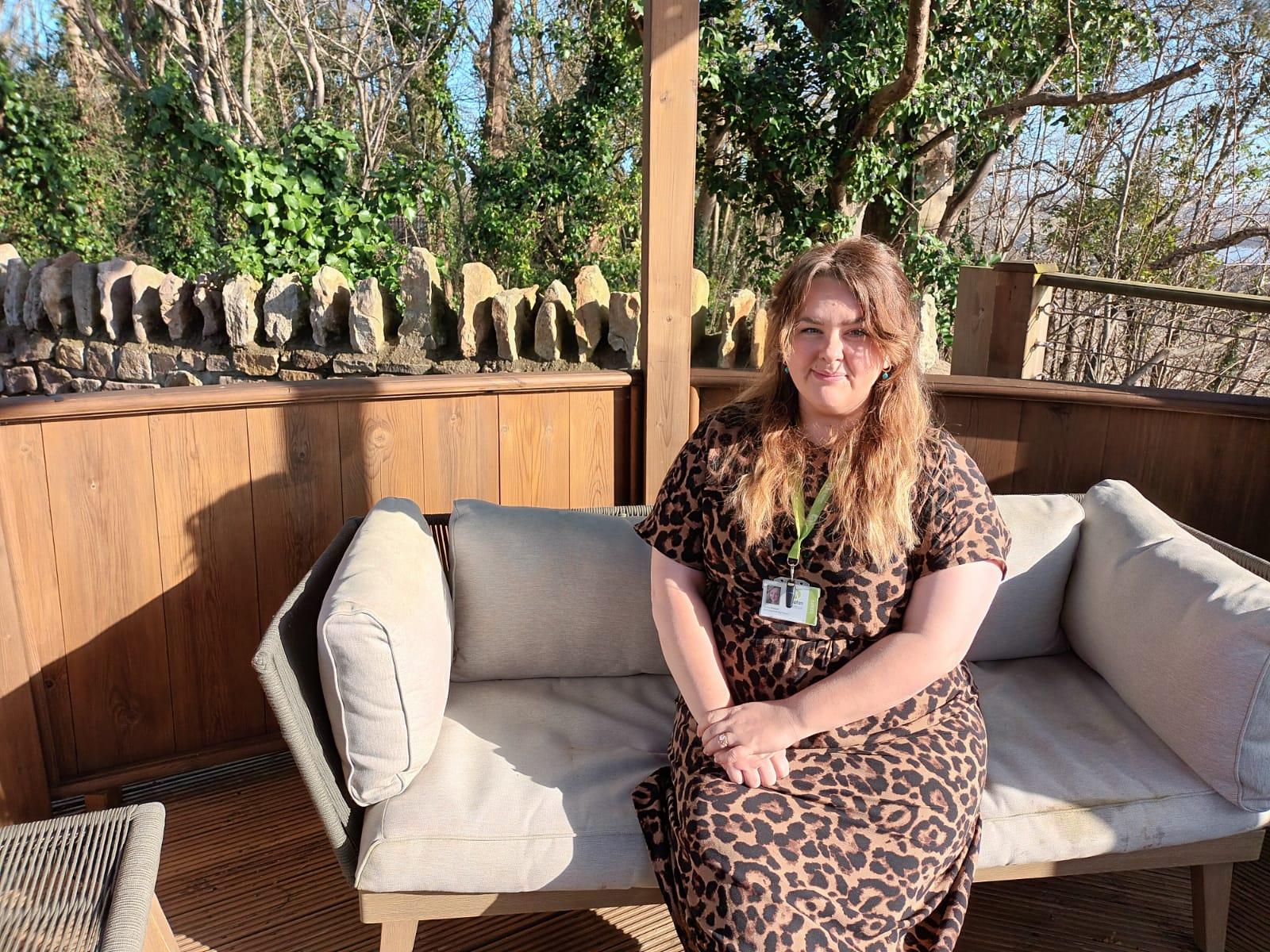Play Therapy is a key part of our work. It helps children process traumatic experiences and helps them work through it in a healthy, age-appropriate way.
So, it was fantastic that Anna, who is a Senior Play Therapist at Tŷ Hafan, talked to us about her outstanding work, including what a day is like for her and the best parts of her job.
“Play Therapy is a type of psychological therapy that uses the principles of person-centred counselling in a child-friendly way. We do it because children and young people can have very adult experiences in terms of trauma,” explains Anna.
“Unlike adults, children don’t usually have the same kind of vocabulary, so they can’t express and process what they’ve been through in the way an adult could. That’s where we come in.
“At Tŷ Hafan, we usually work with trauma coming from medical situations, including bereavement, but it could really be anything. Play Therapy is very much led by the child. Children are never pushed to face their trauma – they get to it in their own time. They use toys and play as their expression and communication.
“In the beginning, Play Therapy is all about the play, and then we help the children connect the play to their reality. In the first couple of weeks, I focus on building a rapport with the child and let them explore the Play Therapy room at their own pace.
“The toys I use are chosen carefully and, after a few weeks, the child will display what we call a narrative thread, which means we see them repeating and building on the same storyline through their play.
“Often, what they have chosen to do in the session relates to their lives, even if they don’t realise it. When they make that connection with their own reality over time, they can use play to become victorious in the situation that hurt them.
“Easily the best part of my job is being in a play session and seeing a breakthrough. A child could be using pretend play to act out their trauma and then, in the next session, pick up the doll they were using and say: ‘this person can be me this week – they’ve been me all along’ or ‘that doll has brown hair like me’!”
With Play Therapy, children can explore their emotions in a safe space, learn how to cope with their situation and build up their self-confidence. It can help children deal with bereavement, divorce and other challenges they might face.
“No two days are the same for me, but I keep a routine. Play Therapy is an attachment-based therapy, so I need to be consistent and predictable in the therapy room at all times,” says Anna.
“With that in mind, there’s an underlying routine with my caseload. I see children at the same time and day each week. Around that, a day for me could involve anything!
“I could be going to meetings, having phone calls with parents, assessing new clients or doing multidisciplinary work like meeting with psychologists to see who is best suited to work with a particular child.
“I also do a lot of reading. I only see a child once a week but, in between that time, my brain ticks over about what they’ve been saying. So, by doing research, in the next session I can better reflect what they’re trying to express, which is what’s known as holding them in mind.
“Tŷ Hafan is a very special place to work. I have the best team around me. As soon as I stepped through the doors, I knew this is where I wanted to be. It felt warm. We’re really accepted as who we are.
“I love making connections with the families we work with. It’s a really privileged position to be in to be able to empower them. They trust you with the hardest parts of their lives but celebrate with you in the good times.”
Thank you for speaking to us, Anna.
